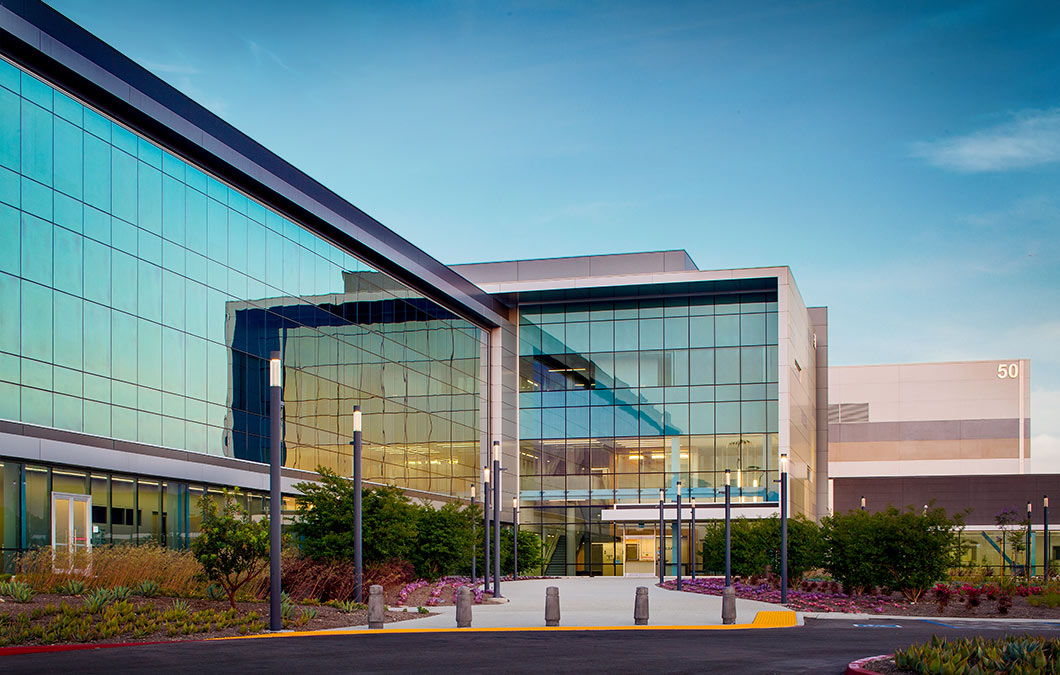Gilead Sciences is currently building a cutting-edge manufacturing and research facility focused on advancing biologics and innovative therapies located in California. The project will feature state-of-the-art laboratories and process development areas. Additionally, a large-scale production suites designed to accelerate the development of complex medicines. It aims to integrate research and manufacturing under one roof, improving efficiency from discovery to production. The facility will support next-generation biopharmaceuticals, emphasizing automation, sustainability, and flexibility for future scientific advancements. This investment reflects Gilead’s commitment to expanding its capabilities in biologics manufacturing and strengthening its position in the development of transformative treatments for serious diseases.

Published 3rd September 2025: Gilead Sciences, the renowned biopharmaceutical firm headquartered in Foster City, California, has officially launched construction on a state-of-the-art pharmaceutical development and manufacturing facility. The five-story, 180,000 sq ft facility is the centerpiece of a sweeping $32 billion domestic investment plan designed to expand U.S.-based research, development, and production capabilities.
Strategic Expansion Driving Innovation and Resilience
This new multicampus project comes amid escalating trade tensions and tariff pressures, prompting Gilead and its industry peers, such as Eli Lilly, Johnson & Johnson, Merck, and Bristol Myers Squibb, to intensify U.S. investments. Gilead’s CEO, Daniel O’Day, emphasized the strategic importance of the facility as “part of our vision for delivering next-generation therapies.”
In tandem with the new hub, Gilead is developing two additional critical infrastructures:
A research building dedicated to accelerating scientific discovery.
A biologics manufacturing plant, designed to significantly enhance the company’s domestic production capacity.
Project Overview
Developer: Gilead Sciences (Foster City-based biotech leader)
Investment Scope: $32 billion by 2030 (includes recent $11 billion boost)
New Facility: Five-story, 180,000 sq ft development & manufacturing hub
Supporting Projects: New research building and biologics manufacturing plant
Projected Economic Impact: 3,000+ jobs; $43 billion U.S. value
Strategic Drivers: Trade resiliency, U.S. reshoring incentives, R&D capabilities
Corporate Legacy: Founded 1987; known for antiviral and oncology innovations
U.S. Commitment: Strong manufacturing and R&D infrastructure rooted in U.S
Economic Footprint: Jobs, Impact, and National Value
Gilead forecasts that its U.S. investments through 2030 will; Create over 3,000 direct and indirect jobs and generate an estimated $43 billion in national economic value.
Three months ago, the company announced an additional $11 billion in U.S. investment, boosting its total domestic commitment to $32 billion through 2030. This follows the launch of Eli Lilly’s $5 billion Virginia facility, which underscores the country’s ongoing expansion. The supplemental funding will support construction of three new facilities, upgrades to three existing sites, and enhancements in tech and engineering infrastructure.
Broader Industry & Policy Context
This expansion aligns with a broader shift within the U.S. pharmaceutical sector. Notably, it has been driven by both government policy incentives and supply chain security imperatives. Recent moves, such as Amgen’s $600 million Science and Innovation Center in Thousand Oaks, California, underscore how leading biotech firms are doubling down on domestic infrastructure. Similarly, Longfellow’s completion of the new Sorrento Mesa Bioterra Campus in San Diego highlights the growing momentum in U.S. life-science real estate. Gilead’s commitments reflect not only resilience against geopolitical trade dynamics but also a push for manufacturing sovereignty.
Corporate Heritage and Operational Excellence
Founded in 1987 by Michael L. Riordan, Gilead has grown into a formidable biotech powerhouse, known for groundbreaking treatments across HIV, hepatitis, influenza, and COVID-19. The company’s product suite includes well-known therapies like Veklury, Biktarvy, Harvoni, and Yescarta.
With approximately 17,600 employees and a global presence centered around its Bay Area hub, Gilead continues to reinvest heavily in U.S. infrastructure.

Leave a Reply